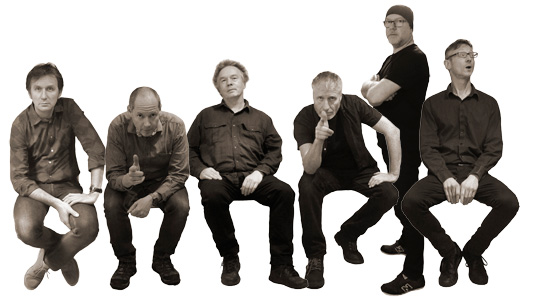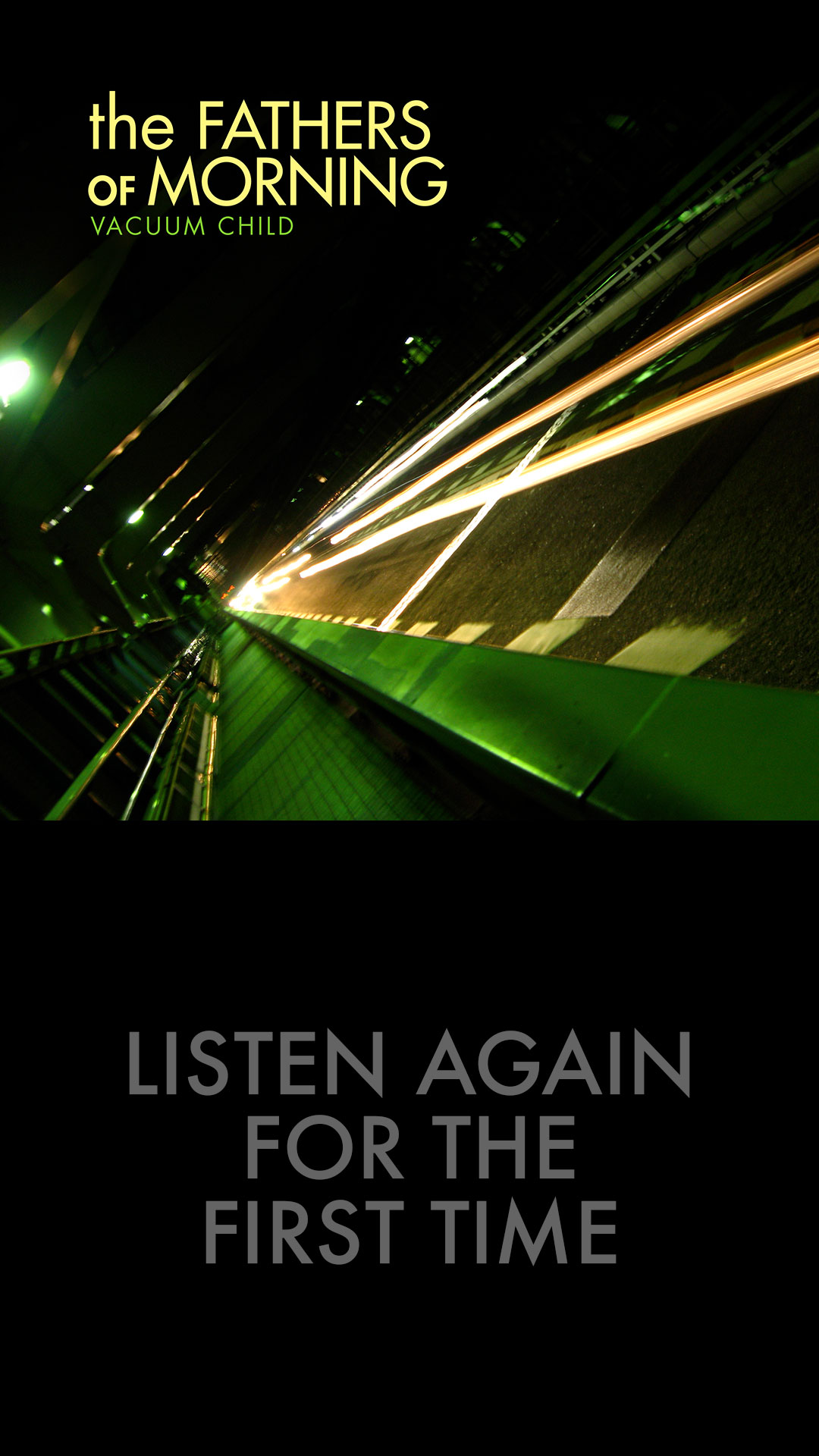
Urban homogenization fuels the High Llamas’ newest concept lament
It might seem unusual, at first: British folk/pop auteur Sean O’Hagan padding Here Come The Rattling Trees—his latest outing as bandleader of the High Llamas—with several breezy musical snippets like “Amy Recalls – Barham Trees,” “Bramble Underscore” and “Prelude – A Day In The Square” that work as either introductions or codas to delicate, fully realized songs such as “Livorno,” “Jackie” and “Bramble Black.” But in fact, the project first coalesced as a narrative the singer scripted about his South London neighborhood of Peckham, where a local working-class recreation center was being threatened by snooty gentrification. It then quickly morphed into a full-scale production that he staged at a Covent Garden theater—hence the inclusion of rising and descending motifs.
The concept first occurred to O’Hagan on his regular bicycle rides around town, when he noticed things changing. “I’ve lived here for so long, I regard myself as one of the older—not younger—lot here,” he says. “And I like the fact that it is getting young. But there’s also this in-between bunch that’s just got loads of money, and they’re all in finance. So, I struggle to find a bar that I can go into where there’s isn’t a million laptops.” He used to hang at Peckham pubs like the Wishing Well, where happy pint-downing regulars sang along to Oasis anthems on the jukebox. “Now you go into a bar, and it’s filled with people quietly finishing their résumés,” he says.
The topic is fast becoming universal, in cities around the world where the nouveau riche are displacing long-standing—often arts-connected—residents, squeezed out by shady evictions or skyrocketing rents. “It’s suddenly like, ‘But I’ve always lived here,’ countered with, ‘Yeah? Well, you’re not living here anymore, mate!’” says O’Hagan, who decided on six separate characters to properly tell his story, revolving around the protagonist, Amy, a 28-year-old drifter handing out leaflets in the Peckham square, which promise a chic new fitness outlet when the leisure center goes from public to private. The rattling trees are her childhood memory of security—the wind blowing rustling branches against vacation-house windows.
Other Trees personas bump into Amy, like Jackie, a cynical-yet-somber café owner. “She’s seen Peckham go from a working-class suburb to becoming part of the plan of the new super-rich,” says the playwright, who issued his High Llamas debut in 1990, then released 10 more and even composed a film soundtrack with Stereolab’s Tim Gane in 2011, La Vie D’Artiste. He was initially going to include all pertinent dialogue on Trees, but he was talked out of it. He’d eventually like to stage it in cities like New York or San Francisco, where its message is now painfully relevant.
How can Peckham fight back? O’Hagan, for his part, sings in the nearby council-sponsored Southern Community Choir, where 50 neighbors from all walks of life lift up their voices in song/solidarity.
“For me, it’s all about community,” he says. “To have happiness, you have to totally engage with where you live and the things around you. You shop locally, you network locally, you volunteer locally. It feels good, and it just changes everything.”
—Tom Lanham













